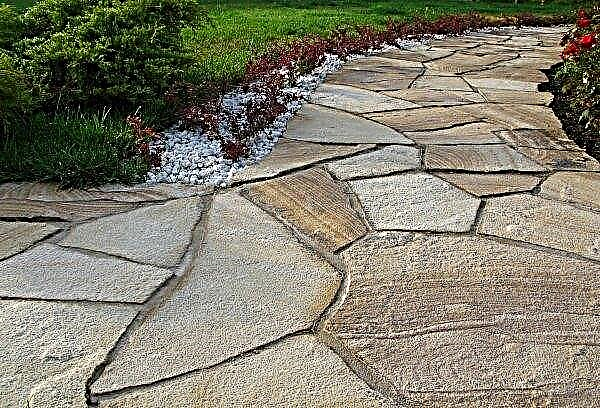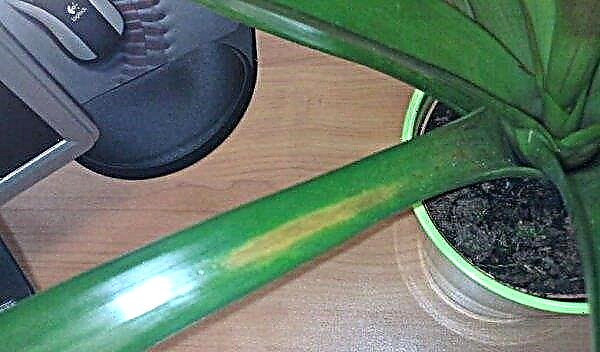A vegetable garden or garden distracts from the bustle of the city, switches attention to plants and helps to forget about work. In order not to overload the body with excessive work, you need to at least sometimes give yourself a break.

Causes and consequences of fatigue
Each person is individual and the causes of fatigue are diverse, but the sources are most often similar. You may have driven yourself: work five days at work, a weekend from morning to evening in the beds. The load dose is sufficient to knock anyone down.
Maybe you’re very worried about the garden: will it all come up, have it been planted correctly, have you poured a lot of water, etc. Emotional stress is one of the first signs of fatigue and stress. Are you upset that you need to repair the fence and, in addition, build a gazebo? Negative thoughts and experiences take a lot of energy.
Due to stress, many people change in height. According to Swedish scientists, by the evening a person becomes 1% lower than he was in the morning. This is due to the fact that stress provokes tension in the shoulders and creates a tone in the muscles of the back, which causes a person to bend closer to the ground.

If you do not stop the workhorse in time, you risk exposing the body to stress, which can gradually turn into a disease. The first signs are pain in the muscles and joints. Fatigue makes a person irritable and people around them risk falling under a hot hand. This leads to quarrels in the family and stress is transmitted to all family members.
Ways to deal with fatigue
Start by organizing your workflow. Write down your plans for the week and do not forget to leave a place to relax. Solve problems as they become available, do not take care of everything at once. So you risk spending a week's supply of strength in one hour. As the saying goes: "If you chase two hares, you won’t catch a single one."
If you are embarrassed that only you are in the garden, then do not rush to break into the second half. Allocate the evening to a joint rest and discuss this topic in a relaxed atmosphere. Perhaps you will choose a convenient time for each of you and divide the tasks. Thus, unload yourself and the garden will not seem to be hard labor.

Change the word "need" to "want." Do not force yourself to plant the garden to the limit, just because it is necessary. Decide what exactly you want: what you like from fruits and vegetables. Occupation should be fun. If you don’t like it, then you will spend twice as much strength. Follow your diet. Do not starve yourself to repair the fence.
Timely eating provides the body with a good charge of energy. Add vitamins to your diet - this will make your immunity more stable.
Drink herbal teas with honey and lemon or wild rose. They warm the body and positively affect the nervous system.
Alternate your tasks: after the mental load, switch to the physical. This will help you not to “boil” at work.
After active physical activity, take a bath with oils. You will feel the effect of a relaxing bath if you take it before meals or after 1.5-2 hours after it. Then focus on yourself and rest in solitude for at least 10 minutes.

A pleasant way to restore muscles and joints is massage. It helps to completely relax, improves blood circulation throughout the body and kneads clogged muscles. After physical exertion in the garden - this is exactly what you need.
Surround yourself with comfort and do not forget to enjoy your activities. If something ceases to please you - review your tasks and do not be afraid to change them. Look at your garden from the side and arrange it the way you want, and not the way others advise.












